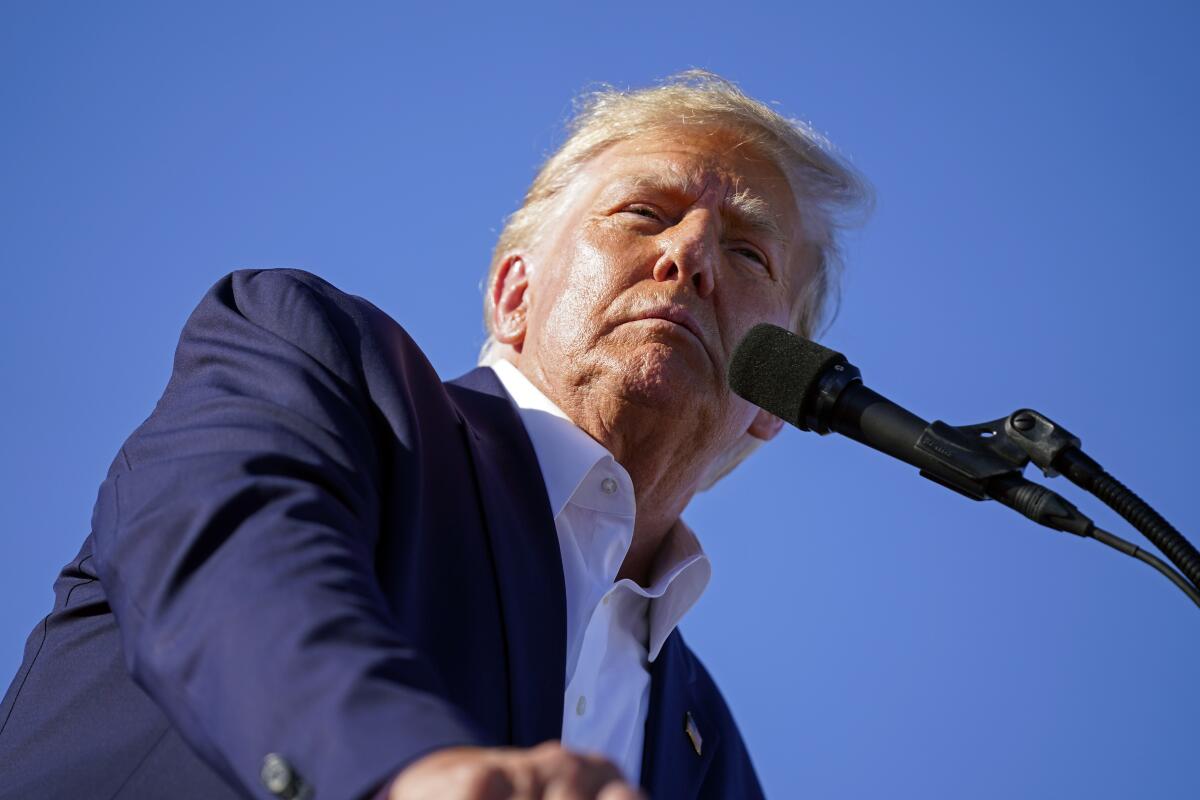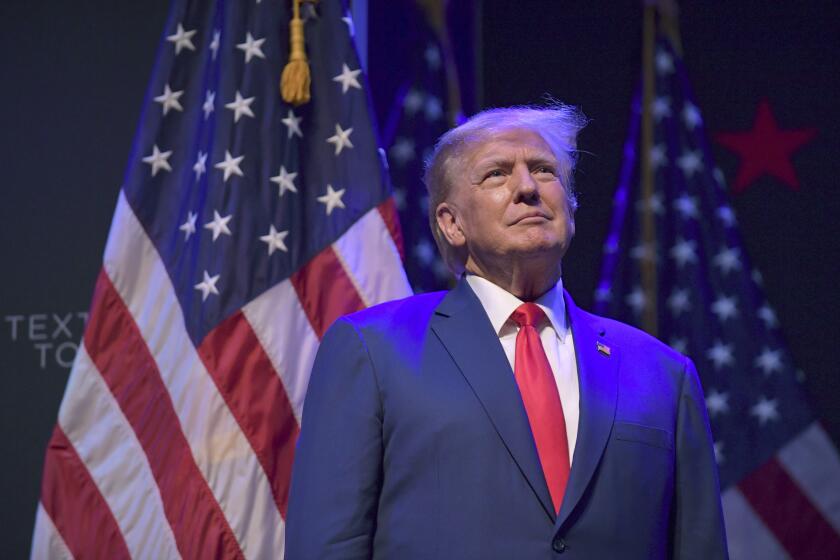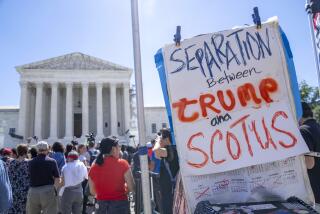Prosecuting ex-presidents isn’t at all uncommon in democracies

WASHINGTON — The criminal indictment of former President Trump is unprecedented, but only as far as U.S. history goes.
Around the world, numerous former heads of government have ended up in the dock and often behind bars, in democracies young and old.
Luiz Inácio Lula da Silva was inaugurated as president of Brazil on Jan. 1, about three years after he emerged from spending 20 months in prison. He was convicted of money laundering and other corrupt practices during his earlier term as president, from 2003 to 2010.
Not only was a former president prosecuted and sent to jail, but being an ex-con did not prevent him from seeking election again. (His conviction was eventually annulled by Brazil’s high court.)
Around the world, presidents and prime ministers are often removed from office by criminal investigations, or alleged crimes come back to haunt them after they’ve left office. It is so common that it rarely raises too many eyebrows.
In South Korea, three former presidents have been convicted of corruption charges — one while in office, who was impeached, and two after leaving office — and sentenced to long prison terms. All were eventually given reduced sentences or pardoned.
The indictment marks the first time in American history that a U.S. president has been prosecuted on criminal charges.
In Israel, Benjamin Netanyahu ran for election late last year even though he was on trial for corruption. His party and its coalition partners won, and he is once again prime minister after two previous tenures from 1996 to 1999 and 2009 to 2021. They are using their power to attempt to change the Israeli judiciary to minimize future accountability, a move that has triggered massive demonstrations throughout the country by angry Israelis who say they are defending democracy.
Does the relative ease with which former chief executives are prosecuted suggest that the wheels of justice and accountability are stronger in other countries? Not necessarily.
Often it is the very weakness of the system and absence of guardrails that allow easy prosecution and removal of leaders.
Peru, with its shaky political system, might hold the world record on this front. Almost every Peruvian president in the last 38 years has been convicted of crimes while in office, faces prosecution or is fighting extradition from another country to avoid having to confront justice.
And yet one of the world’s oldest and most stable democracies, France, has also punished alleged wrongdoing at the highest levels of government.
Nicolas Sarkozy, president of France from 2007 to 2012, was repeatedly investigated for a host of corruption charges after he left office. He was convicted in 2021 of tampering with a judicial case to his benefit and sentenced to three years in prison. He denied guilt. Another case opened against the politically conservative but stylistically flamboyant former president in 2013 accused him of having accepted millions of dollars from Libyan dictator Moammar Kadafi to illegally finance his 2007 campaign. Sarkozy also denied those allegations.
It seems the United States is almost unique among democracies in the way with which it treats its former presidents with kid gloves. Other democracies do not afford their leaders the same level of near-immunity that U.S. tradition does. Experts say this is due in part to a U.S. need to invest stability in the viability of its leaders.
However, never before Trump had a chief executive routinely flouted norms.
“We’ve been very lucky in the U.S. to rarely have presidents who have exhibited such blatant disregard for the law,” said Mark Schmitt, director of the political reform program at the New America think tank in Washington.
The exception, he noted, was Richard Nixon, who was forced to resign but pardoned by his successor, Gerald Ford, before any indictments could be handed down.
“We’re not so much ‘averse to accountability’ as lucky, but there may be some features of our system that might help with that, such as the nonpolitical civil service and the nominal independence of agencies such as the Federal Reserve,” Schmitt said.
Trump supporters have expressed disbelief at the Manhattan grand jury decision to indict the former president, who was impeached twice while in office.
The former president’s allies have maintained that indicting him is “un-American.” And in some ways, up until this point, it has been.
More to Read
Get the L.A. Times Politics newsletter
Deeply reported insights into legislation, politics and policy from Sacramento, Washington and beyond. In your inbox three times per week.
You may occasionally receive promotional content from the Los Angeles Times.












